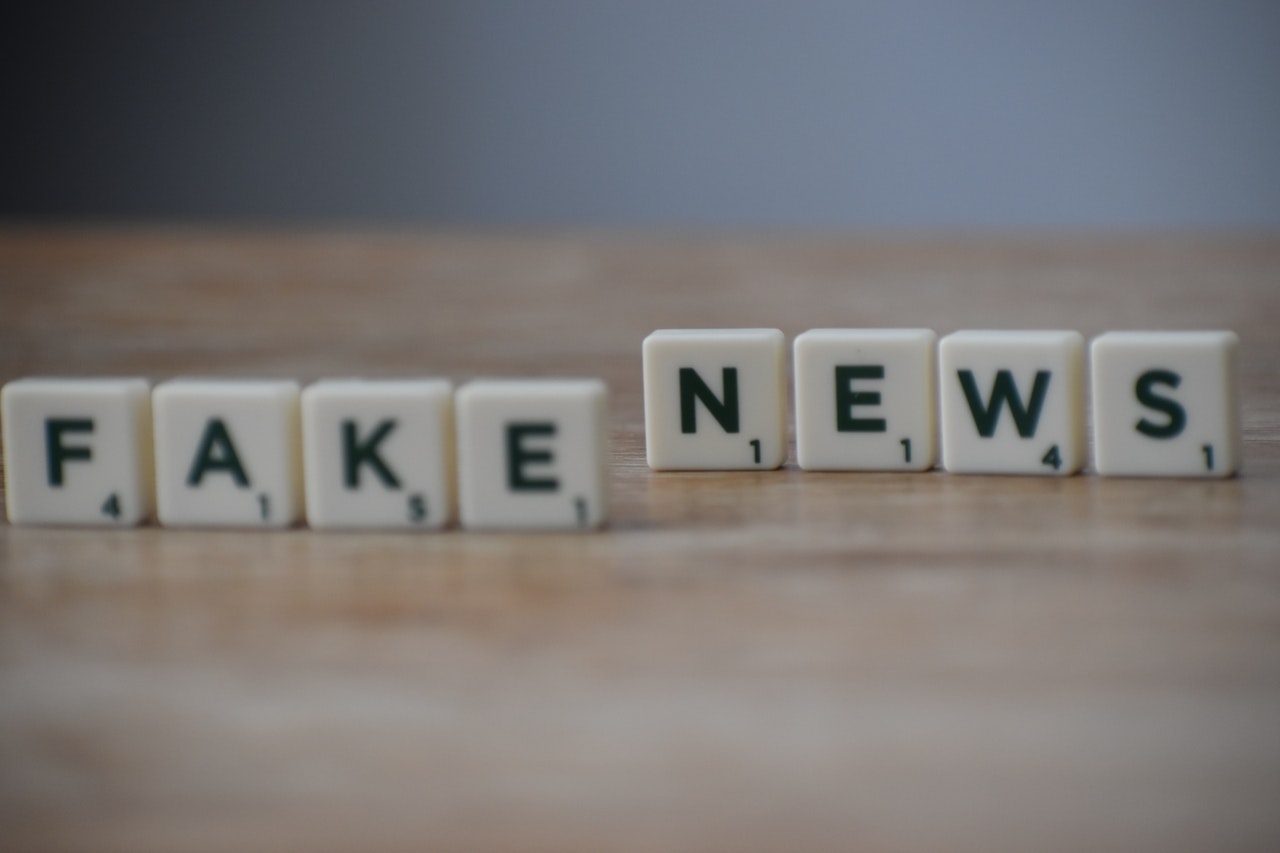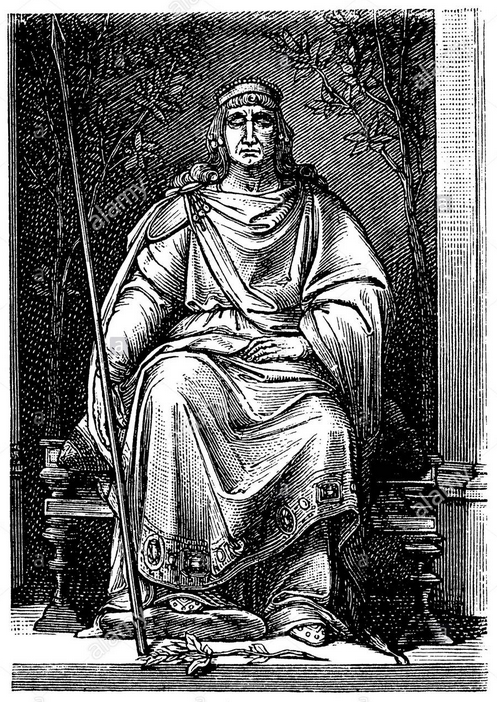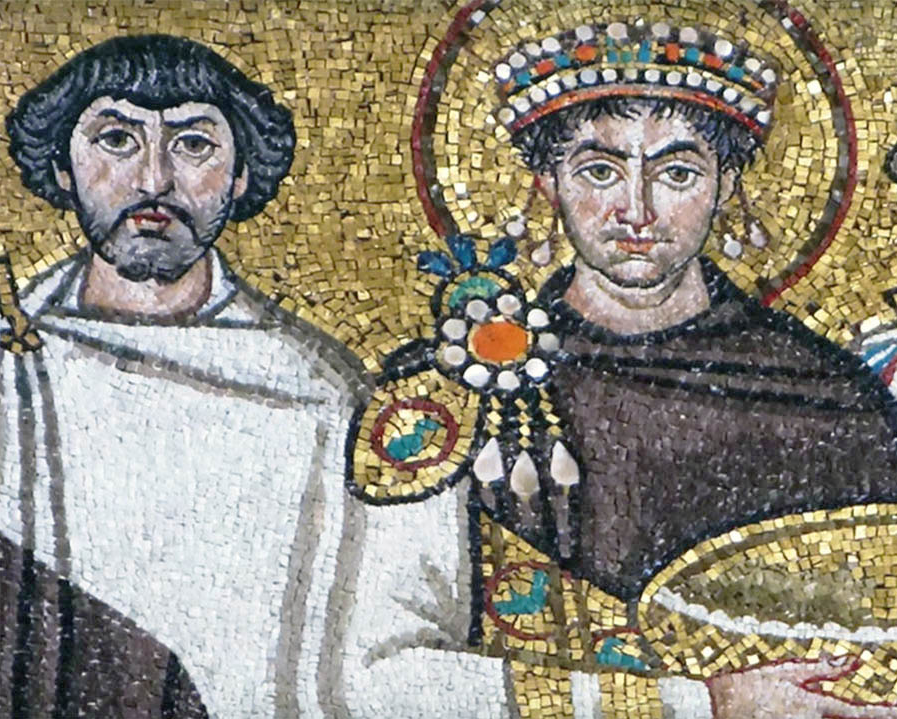Okay, maybe it’s a bit unfair to say the news has always been fake. There are some journalists out there who want to report truth and facts, right? Surely there are a few.
Those honest seekers of reality aren’t in the mainstream media, though. The author of The Atlantic’s recent hit piece on President Trump doesn’t care about truth.
In “Trump: Americans Who Died in War Are ‘Losers’ and ‘Suckers’,” the author writes, “These sources, and others quoted in this article, spoke on condition of anonymity.”
Uh huh. That’s what “journalism” is today. Character assassination hit pieces with anonymous sources. Lefty commies and anyone with TDS eat it up. I saw this posted on Twitter and I LOL’d.
There’s more truth in Seamus’s tweet than The Atlantic.
But outright lies aren’t the only problem with “news.” Journalists are people, and people are flawed. We all have biases. We all make mistakes. No one is perfect.
Back in 2002, the late Michael Crichton gave a talk at the International Leadership Forum in La Jolla, California, titled, “Why Speculate?” In the talk, Crichton talks about the Murray Gell-Mann Amnesia effect and why we shouldn’t put much stock in the news.
Briefly stated, the Gell-Mann Amnesia effect is as follows. You open the newspaper to an article on some subject you know well. In Murray’s case, physics. In mine, show business. You read the article and see the journalist has absolutely no understanding of either the facts or the issues. Often, the article is so wrong it actually presents the story backward—reversing cause and effect. I call these the “wet streets cause rain” stories. Paper’s full of them.
In any case, you read with exasperation or amusement the multiple errors in a story, and then turn the page to national or international affairs, and read as if the rest of the newspaper was somehow more accurate about Palestine than the baloney you just read. You turn the page, and forget what you know.
That is the Gell-Mann Amnesia effect.
Michael Crichton, 2002 talk at the International Leadership Forum in La Jolla, California
Read the whole talk. It won’t take you long.
Journalists are people, and people are flawed. Some of them are smart, some of them aren’t. They all have biases and blind spots. Some reporters try to get all the facts, some don’t. But even those reporters who really want to tell the truth are limited by what they know, who they talk to, and their own intelligence.
Western countries have pretty elaborate systems to discover truth – the courts. If an American is accused of a crime, that person has a lot of legal rights and prosecutors must clear many hurdles to convict that person. There has to be some evidence to file charges. The accused can request a trial. A jury has to believe, beyond a reasonable doubt, that the accused committed the crime. Sometimes juries get the truth wrong, and people are exonerated years and decades later.
It takes a lot of time and a lot of effort to find truth, and sometimes you still don’t find it.
One of my favorite verses in the Bible talks about maturing and realizing that what we know isn’t the whole truth.
When I was a child, I spoke like a child, I thought like a child, I reasoned like a child. When I became a man, I gave up childish ways. For now we see in a mirror dimly, but then face to face. Now I know in part; then I shall know fully, even as I have been fully known. – Paul, 1 Corinthians 13
Don’t look to the news media for the whole truth; most of them don’t care about it, and they probably don’t have it anyway.
Photo by Joshua Miranda from Pexels









